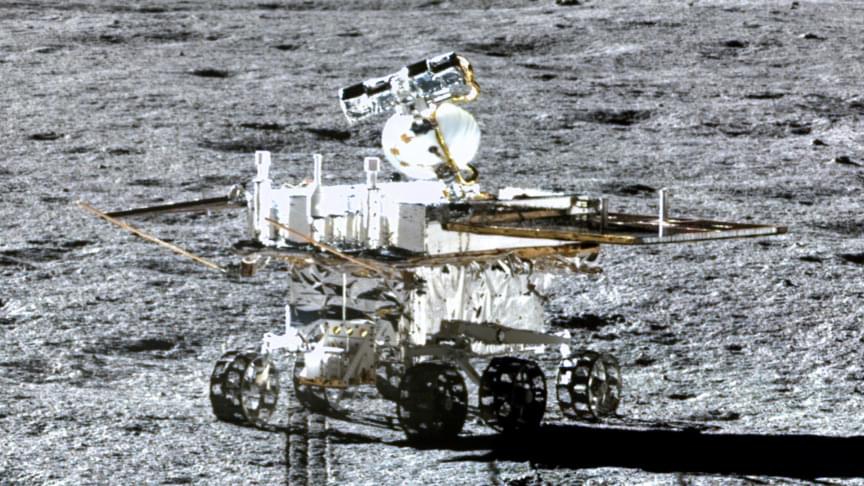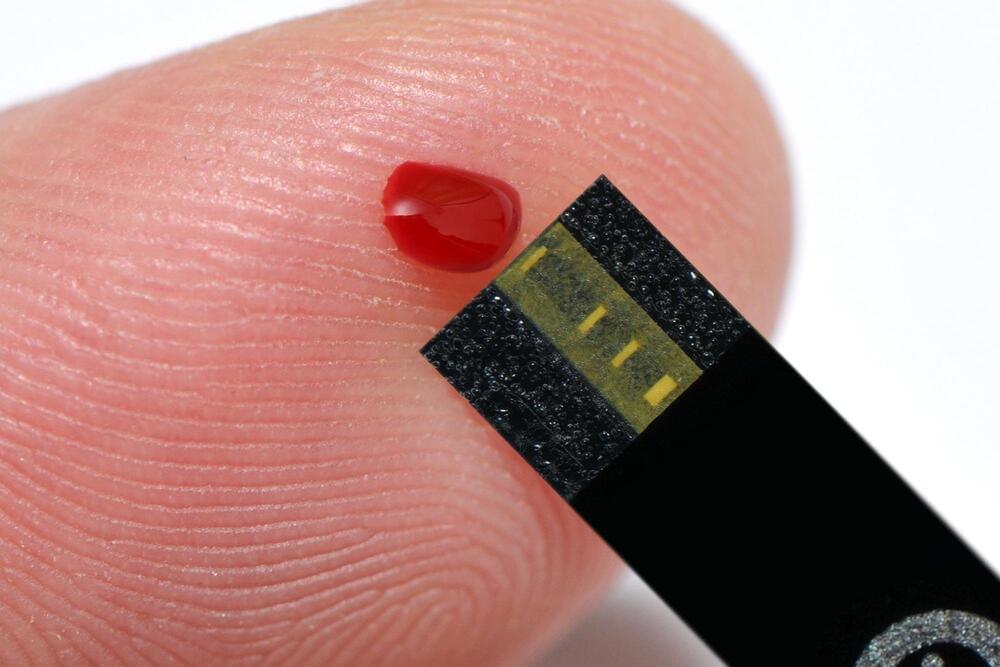Space Race 2.0 is heating up.
There’s no use denying it: Space Race 2.0 is heating up.
But while the focus remains on public-private partnerships in low-Earth orbit, space junk, and finally human settlements on the moon and Mars, a remnant of that original space race spirit is beginning to awaken: the push to explore the outer edges of our solar system, and beyond.
Last year, China announced it was developing a pair of spacecraft capable of exploring the very edge of our solar system. According to an official industry newspaper called *China Space News Friday*, the mission “Interstellar Express” promised the potential to enter interstellar space by the middle of the century.
Of course, NASA already did it.
‘NASA launched Voyager 1 in 1977, in addition to Voyager 2 a month earlier — two intrepid spacecraft that toured the outer solar system through the late eighties. Both spacecraft are now in interstellar space and still sending what data they can back, with most equipment shut down to preserve power. But NASA might not be done with deep space missions yet.








